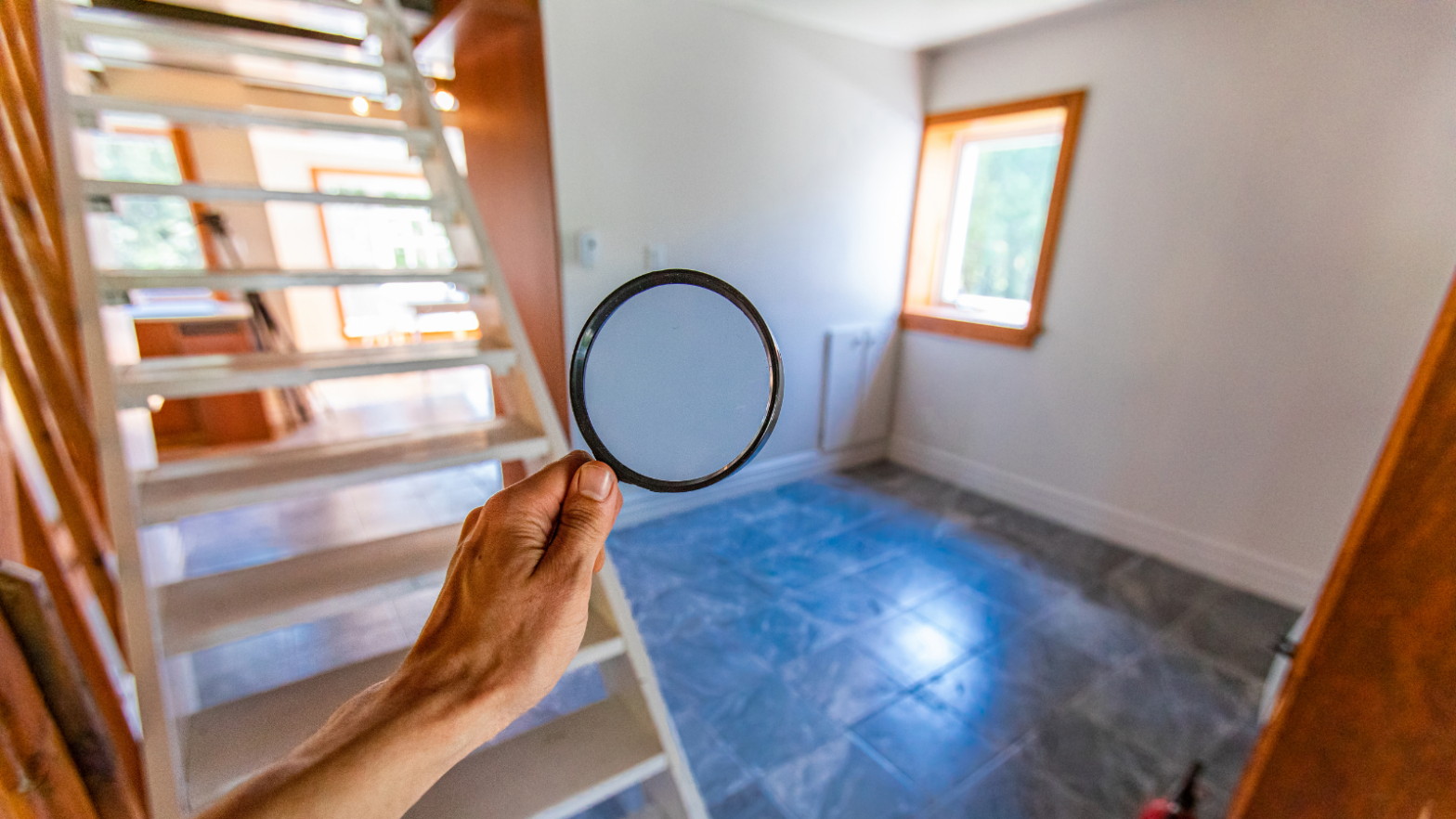People who suffer from allergies or asthma tend to be more aware of indoor air quality concerns than those who do not. Unresolved air quality issues can cause adverse health complications for anyone who is regularly exposed to indoor air pollutants. Indoor air can be 2-5 times more polluted than outdoor air. While this statistic can be alarming, there are steps you can take to ensure the air you and your family are breathing is clean and healthy. The best way to start is by having your indoor air quality tested.
There are three types of tests performed when you hire a professional to test your home’s air quality for pollutants and other irritants. These three tests are:
1.Biological
This test evaluates the levels of irritants such as pollen, mold, dust mites, bacteria, and dander which are irritants that can build up over time in vents and ductwork. Your specialist can then help you find the best solution for your home to eliminate these blockages and create better airflow.
2. Chemical or Volatile Organic Compounds (VOC)
There are many sneaky ways pollutants find their way into homes. A great example of this is Radon. Radon has many dangers, such as the increased risk of lung cancer. Radon enters the home through holes, cracks, and pores in the foundation of a home. Hiring an expert to analyze the air quality of your home will allow you to identify the source of radon and other VOCs to remedy the issue. You may find that you have a significant health issue at hand or simply need to fill a few holes in your basement.
Testing for VOC’s allows professionals to measure other dangerous compounds as well, including formaldehyde, and lead.
3. Combustion Pollutants
Carbon monoxide is one the most common and dangerous combustion pollutants, partly because it has no smell so leaks go undetected. While a carbon monoxide alarm is always recommended (and in some states, required), it is also not foolproof. Over time carbon monoxide can “silently” be inhaled when combustion units, such as furnaces and boilers, are not checked by a professional regularly.

There are various indoor air quality solutions for your home depending upon the specific needs or issues you are facing.
Air Purifiers:
Filtering systems capture and kill airborne pathogens such as viruses, bacteria and mold.
Humidifiers:
Whole-house humidifiers blow moisture directly into ductwork to maintain proper humidity levels during the dry seasons. Helping to alleviate static electricity, dry skin, lips, noses and scratchy throats.
Dehumidifiers:
Controlling humidity is important for comfort levels but also to prevent damp conditions primarily in the cooling season which can lead to mold growth. Whole-house dehumidifiers can keep your air cool and dry during the hot and humid New England summers.
Ventilators:
These units replace stale indoor air with fresh outdoor air while reducing the humidity before it enters your home.
UV Lamps:
UV lamps kill organisms that grow on the indoor coils of your cooling system.

Highly accurate biological and chemical indoor air quality tests allow us to provide you with the energy-efficient indoor air quality products that will make your home healthier.
If your question wasn’t answered here, contact the Pierce Refrigeration team and one of our experts will guide you in finding your solution.
Need 24-7 emergency service? Looking for advice on improving your everyday air quality and comfort at home and at work? Contact the friendly staff at Pierce Refrigeration at 800-696-1088.

